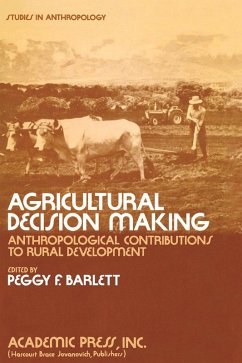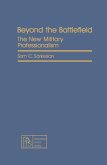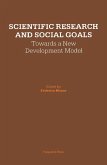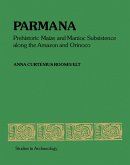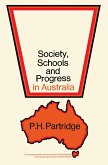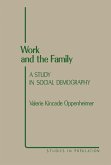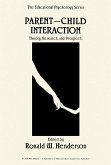Organized into three parts encompassing 14 chapters, this book begins with an overview of the theoretical and methodological questions concerning the use of formal models in evaluating the alternatives open to farmers. This text then explores the patterns of agricultural choices within one rural community. Other chapters consider the implications of decision-making research for agricultural development policy and explore the decision-making context of aid programs. This book discusses as well the impacts of nonagricultural alternatives on agricultural decisions. The final chapter deals with various policy and development programs for agricultural development.
This book is a valuable resource for economic anthropologists, historians, economists, agricultural economists, rural sociologists, psychologists, farmers, and research workers.
Dieser Download kann aus rechtlichen Gründen nur mit Rechnungsadresse in A, B, BG, CY, CZ, D, DK, EW, E, FIN, F, GR, HR, H, IRL, I, LT, L, LR, M, NL, PL, P, R, S, SLO, SK ausgeliefert werden.

